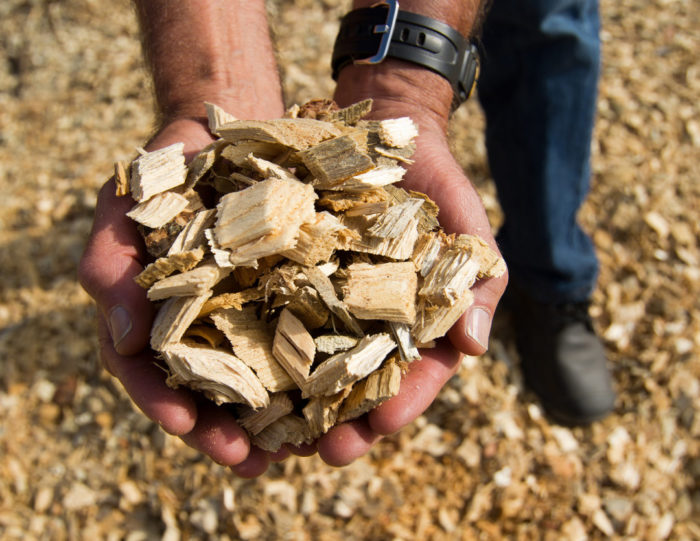
Image Credit: Oregon Department of Forestry / CC BY 2.0 / Flickr
A handful of lawmakers in Congress have been pressing the Environmental Protection Agency to treat biomass power plants as if they were no more damaging to the environment than wind or solar even though burning wood to make electricity can produce more carbon dioxide than burning coal.
Climate Central reports six attempts over the last two years, all of them unsuccessful, by five Republican lawmakers and an independent aligned with Democrats. The bills used similar language to direct the EPA to assume that pollution from wood-burning power plants does not increase overall carbon accumulations in the atmosphere.
As the cost of natural gas and other fossil fuels remains low, biomass plants are having an increasingly difficult time competing on the price of the electricity they sell. Two plants closed in Maine earlier this year, and others have closed in California and New York. Efforts to keep the plants up and running have pleased the forest products industry and the thousands of loggers, truck drivers, and others who depend on them for a living.
But some scientists aren’t happy about the political meddling aimed at keeping biomass going.
“That’s just turning science completely on its head,” Mark Harmon, an Oregon State University professor who serves on an EPA advisory panel, told Climate Central.
One concern among environmentalists and scientists is that writing exemptions for biomass plants into new climate rules could prompt states to subsidize them. (That’s exactly what happened in Maine when the Legislature earlier this year approved a $13.4 million taxpayer bailout for the industry.) Biomass plants also are being blamed for the deforestation of southern U.S. forests, which are producing wood pellets to feed biomass plants in Europe.
Sami Yassa, a scientist with the Natural Resources Council of Maine, said that European subsidies that were intended to help wind and solar are instead going to biomass “under the erroneous premise that it’s a zero-carbon source of energy.”
The most recent attempts in the U.S. Congress to give biomass plants an environmental free pass came in June, when one bill was introduced in the House of Representatives and a second in the Senate. The bills were supported by lawmakers from Alaska, California, and Maine, all states with biomass plants and big forest products industries.
Weekly Newsletter
Get building science and energy efficiency advice, plus special offers, in your inbox.





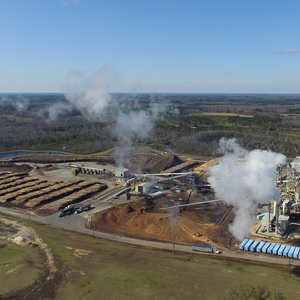
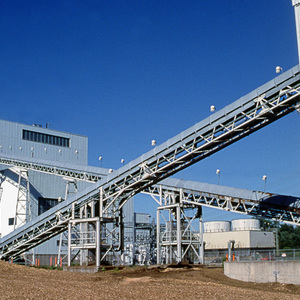
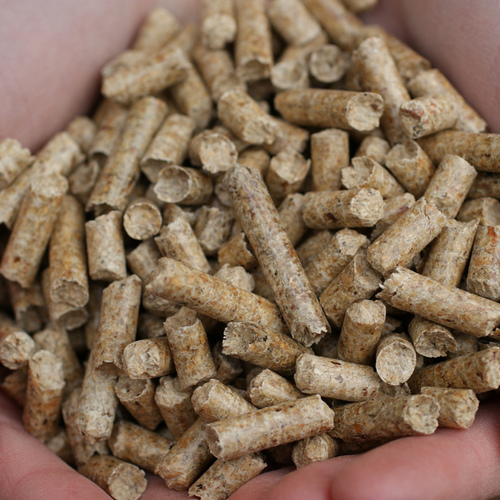
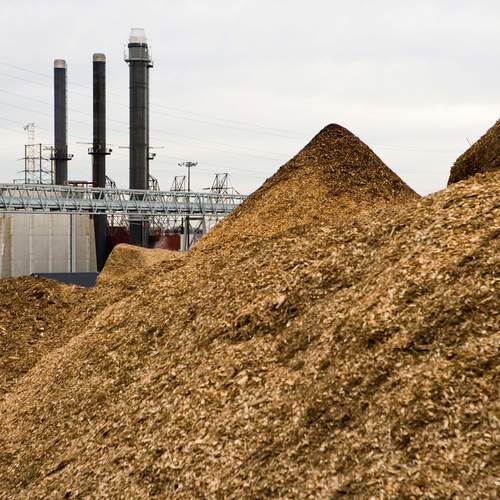






0 Comments
Log in or create an account to post a comment.
Sign up Log in